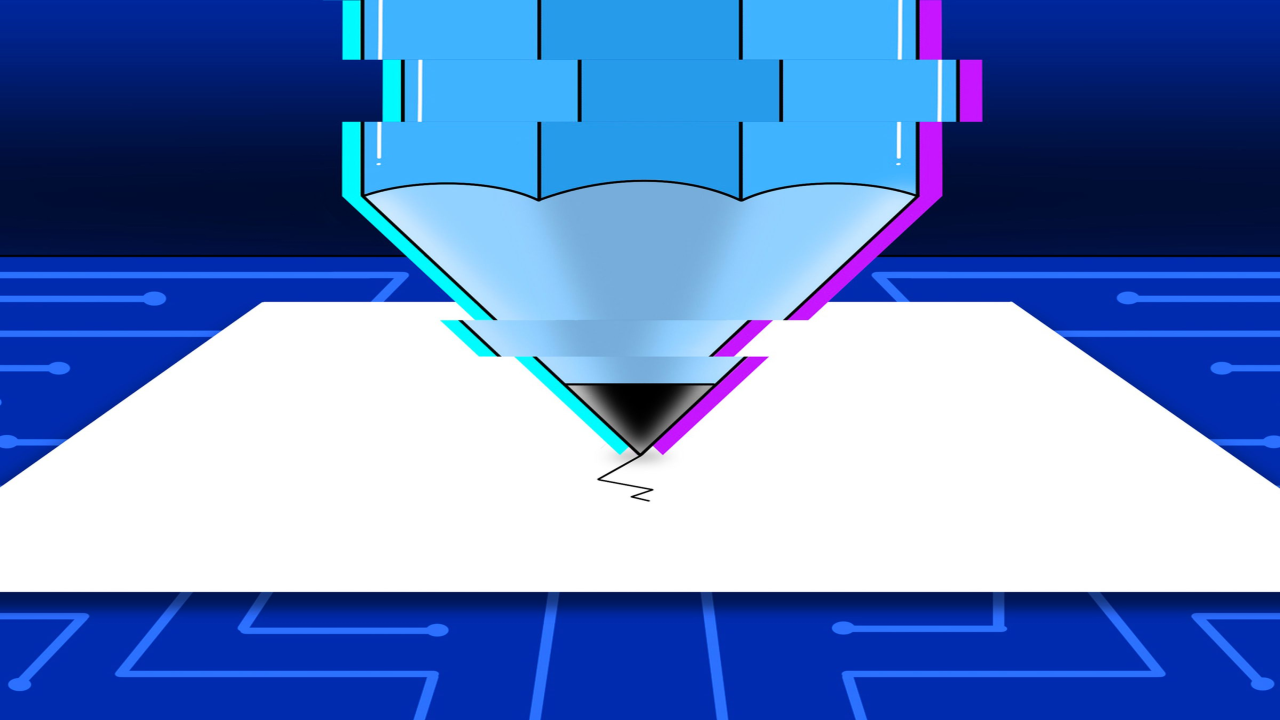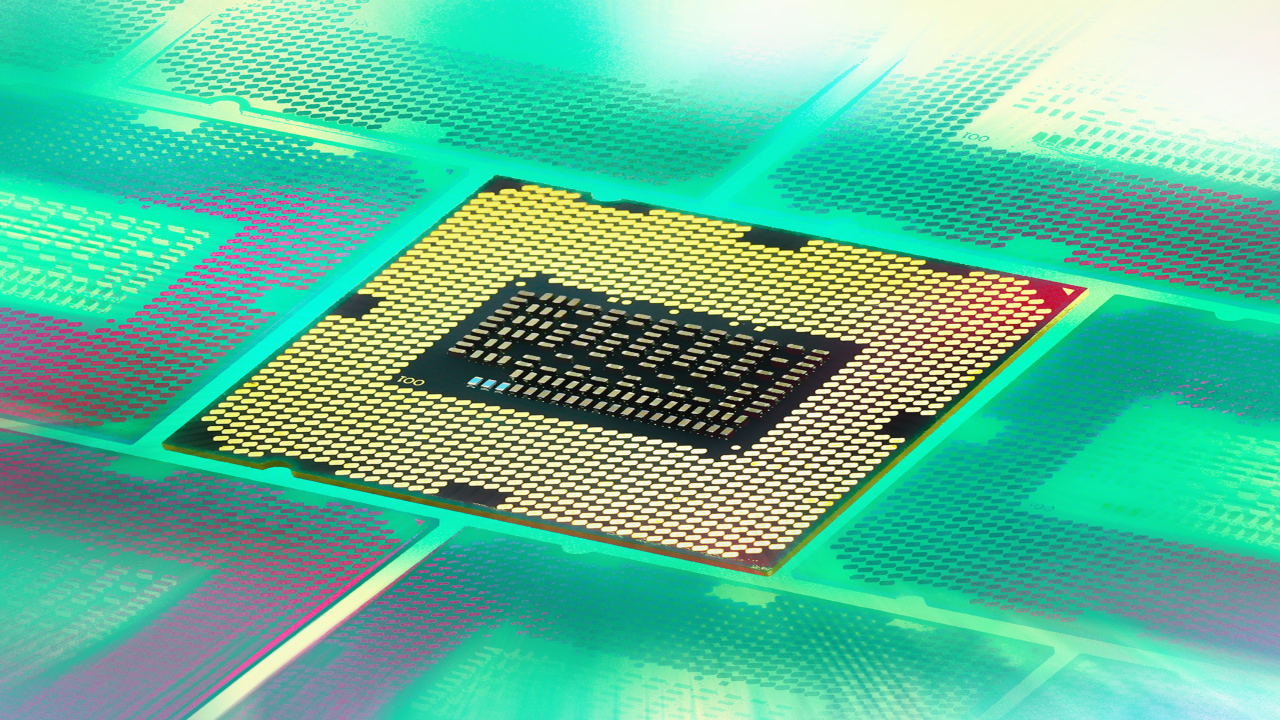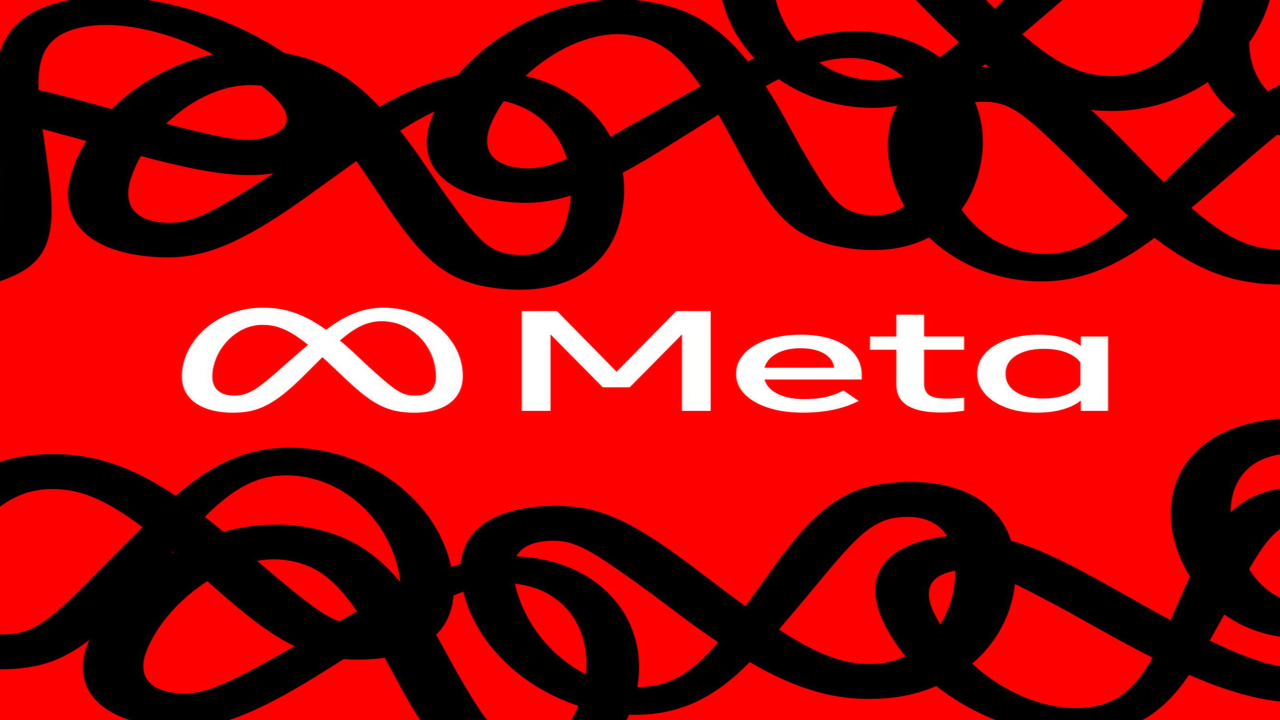Penguin Random House Books: AI Copyright Restrictions
An in-depth look at Penguin Random House's decision to restrict AI training with copyright declarations on their books, exploring the implications for the publishing industry and intellectual property rights.

In a bold move, Penguin Random House, a major player in the publishing world, has taken a firm stance against AI training by explicitly prohibiting the use of their books for such purposes. This decision marks a significant shift in how publishers are responding to the growing intersection of artificial intelligence and literature.
The Copyright Declaration
The standard copyright page on Penguin Random House's new and reprinted books now includes a clause expressly stating that no part of the book may be utilized for training artificial intelligence technologies or systems. This move reflects the publisher's commitment to protecting their intellectual property from unauthorized use in the realm of AI development.
Legal Implications and Industry Response
While the updated copyright page serves as a clear warning against AI training, it's important to note that copyright protections exist independently of such declarations. The inclusion of this clause aligns with the European Union's laws and positions Penguin Random House as a pioneer among major publishers addressing AI concerns in their copyright statements.
Comparing to Robots.txt in the Digital World
Analogous to a robots.txt file used by websites to regulate content scraping, Penguin Random House's copyright amendment functions as a voluntary norm rather than a legal mechanism. Despite this, it sets a precedent for other publishers to consider how AI intersects with traditional copyright frameworks and fair use provisions.
Publisher's Defending Intellectual Property
Penguin Random House's public commitment to vigorously defend the intellectual property of their authors and artists underscores the importance of protecting creative works in the digital age. While some publishers have embraced AI training collaborations, Penguin Random House's approach signals a cautious stance in safeguarding the rights of content creators.
Industry Divergence on AI Training
Not all publishers share the same apprehension towards AI training, as evidenced by academic publishers like Wiley, Oxford University Press, and Taylor & Francis engaging in AI training partnerships. This divergence highlights the varying attitudes within the publishing industry regarding the utilization of AI technologies for content analysis and development.
Conclusion: Navigating AI and Copyright in Publishing
Penguin Random House's decision to explicitly prohibit AI training through copyright declarations opens up a broader conversation about the evolving relationship between technology and intellectual property in the publishing landscape. As AI continues to reshape how content is analyzed and utilized, publishers face the ongoing challenge of balancing innovation with the protection of creative rights.
What's Your Reaction?





















